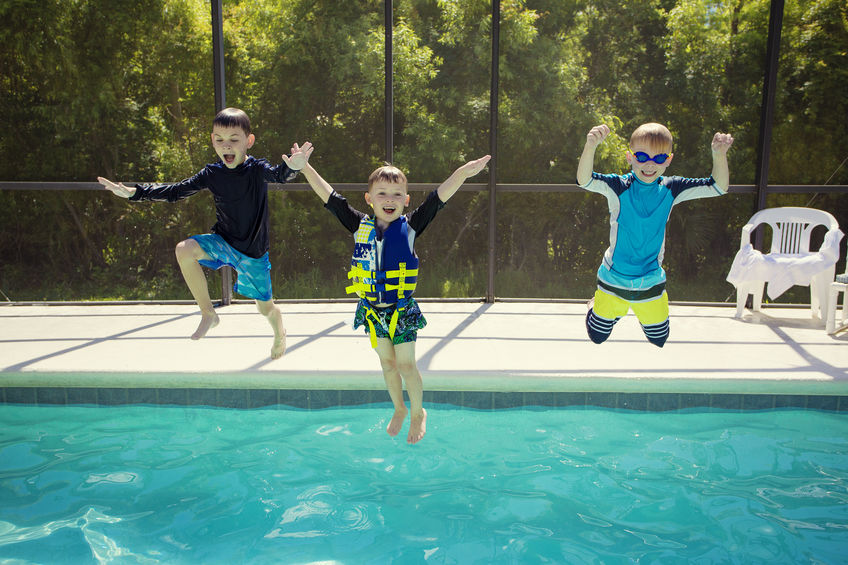4 Tips to Prevent Child Drowning Accidents
June 10, 2020 | Category: Child Injuries, Swimming Accidents | ShareDrowning is the leading cause of death for children ages 1 to 14 in the United States. Three children tragically die every day, according to the Centers for Disease Control and Prevention (CDC).
 Parents and guardians play a key role in protecting children from drowning. The CDC has 4 tips to prevent childhood drowning:
Parents and guardians play a key role in protecting children from drowning. The CDC has 4 tips to prevent childhood drowning:
- Learn life-saving skills. Everyone should know the basics of swimming (floating, moving through the water) and cardiopulmonary resuscitation (CPR).
- Fence it off. Install a four–sided isolation fence, with self–closing and self–latching gates, around backyard swimming pools. This can help keep children away from the area when they aren’t supposed to be swimming. Pool fences should completely separate the house and play area from the pool.
- Make life jackets a must. Make sure kids wear life jackets in and around natural bodies of water, such as lakes or the ocean, even if they know how to swim. Life jackets can be used in and around pools for weaker swimmers too.
- Be on the look-out. When kids are in or near water (including bathtubs), closely supervise them at all times. Because drowning happens quickly and quietly, adults watching kids in or near water should avoid distracting activities like playing cards, reading books, talking on the phone, and using alcohol or drugs.
“Drowning happens very quickly. It takes under 2 minutes for a child to drown,” said Lorena Rodriguez, a child advocate with Golisano Children’s Hospital of Southwest Florida. Ms. Rodriguez educates parents and caregivers on how to keep children safe around the water. “We just want parents to be aware that although swimming is a lot of fun, there are a lot of steps they need to take to be safe,” she told NBC2 Health Matters.
“Florida has specific laws related to what homeowners are required to do if they have a pool on their property,” said Fort Myers Child Injury Attorney Randall Spivey of Spivey Law Firm, Personal Injury Attorneys, P.A.
The Residential Swimming Pool Safety Act, which is also known as the Preston de Ibern/McKenzie Merriam Residential Swimming Pool Safety Act, requires Florida homeowners to take certain safety precautions, such as erecting fences and other safety barriers, if they have swimming pools. These requirements can be found in FL Statute 515.29.
“Over the years, we have seen the devastation caused when children drown. Families are forever changed. Should you or a loved one be injured as the result of negligence on the part of another, after seeking medical treatment, we urge you to contact our experienced legal team. We are available to assist you 24/7, and there are no costs or attorney fees until we have a monetary recovery for you,” said Attorney Spivey.
Fort Myers Child Injuries Attorney Randall L. Spivey is a Board Certified Trial Attorney – the highest recognition for competence bestowed by the Florida Bar and a distinction earned by just one (1%) percent of Florida attorneys. He has handled over 2,000 personal injury and wrongful death cases throughout Florida. For a free and confidential consultation to discuss your legal rights, contact Spivey Law Firm, Personal Injury Attorneys, P.A., in Lee County at 239.337.7483 or toll-free at 1.888.477.4839, or by email to Randall@SpiveyLaw.com. Visit SpiveyLaw.com for more information. You can contact Spivey Law Firm, Personal Injury Attorneys, P.A.in Charlotte County at 941.764.7748 and in Collier County at 239.793.7748.

